How To Find The Right Editor
By Elizabeth Suggs
As writers, we all need an editor. Sometimes we need help throughout the entire writing process. Other times we need help after the story is finished. Whatever the case, each and every one of us should at least have a second pair of eyes to look over our work, but which editor do you need? Listed below are the different types of editing:
Editorial assessment
Developmental editor
Line editor
Copy editor
Proofreader
Acquisition editor
The thing is: you probably won't need every one of these editors. Some writers may require every single one, but it is very uncommon to need all of them.
So, which one is right for you?
Editorial Assessment
Editors will go through an entire manuscript and provide thoughtful and in-depth feedback on your plot, characterization, structure, style, etc. This one can be extremely valuable to you, and it can be useful at any stage of your writing. I’ve even heard of writers getting an assessment of a previously published book when they plan to republish it.
Developmental Editor
Also called structural or substantive editing, these editors will focus on plot, character development, theme, point of view, etc. These are the most expensive editors, as this can take the most time. Throughout this editing process, the editor may heavily critique or cut passages out entirely. While feedback at this level can be difficult to hear, it may be vital for the survival of your story.
Line Editor
These editors focus on writing style and voice, pointing out awkward phrasing or odd transitions. The will notice unnecessary repetition, telling vs. showing, passive voice, etc. Oftentimes line editors will be trained in copy editing.
Copy Editor
These editors, often also trained in line editing, check punctuation, grammar, and spelling. This type of editing is one of the most common, and it is done at the completion of your manuscript.
What is the difference between line editing and copy editing?
The difference between line editing and copy editing can vary widely, depending on whether you’re in the UK or in the US. In the UK, line editing may be considered proofreading, whereas, in the US, it’s between developmental and copy editing. So, while I have the terms defined here, take note that depending on WHO your editor is, the definition may be slightly altered.
Proofreader
These editors polish your manuscript further, making sure there’s nothing wrong with the layout, page numbers, and there are no spelling or grammar errors. This is the least time consuming, and even after other editors, if you plan to self publish, I would have another set of eyes to go over the final product. These are the “last stop” editors. You only want them when your story is in the process of publishing.
Acquisition Editor
You’re not likely to encounter an acquisition editor unless you plan to publish through a traditional publishing process. These editors acquire stories and evaluate the book’s ability to sell. So, your manuscript should be as cleaned up as possible before going into their hands.
Editing can be a daunting task, but next to marketing, it is the lifeblood of your story. Without edits, how can you properly convey the message of your story? Think of editors not as the necessary evil, but as someone who has your back, someone who cares about your story just as much as you do and wants to see it become successful.
Elizabeth Suggs is the owner and founder of Editing Mee. When she’s not writing or editing, she loves to dive deep into books (the weirder, the better!), and she loves to take random long walks to unplanned destinations.
If you’re ready for an editor, contact us to see how we can help.



